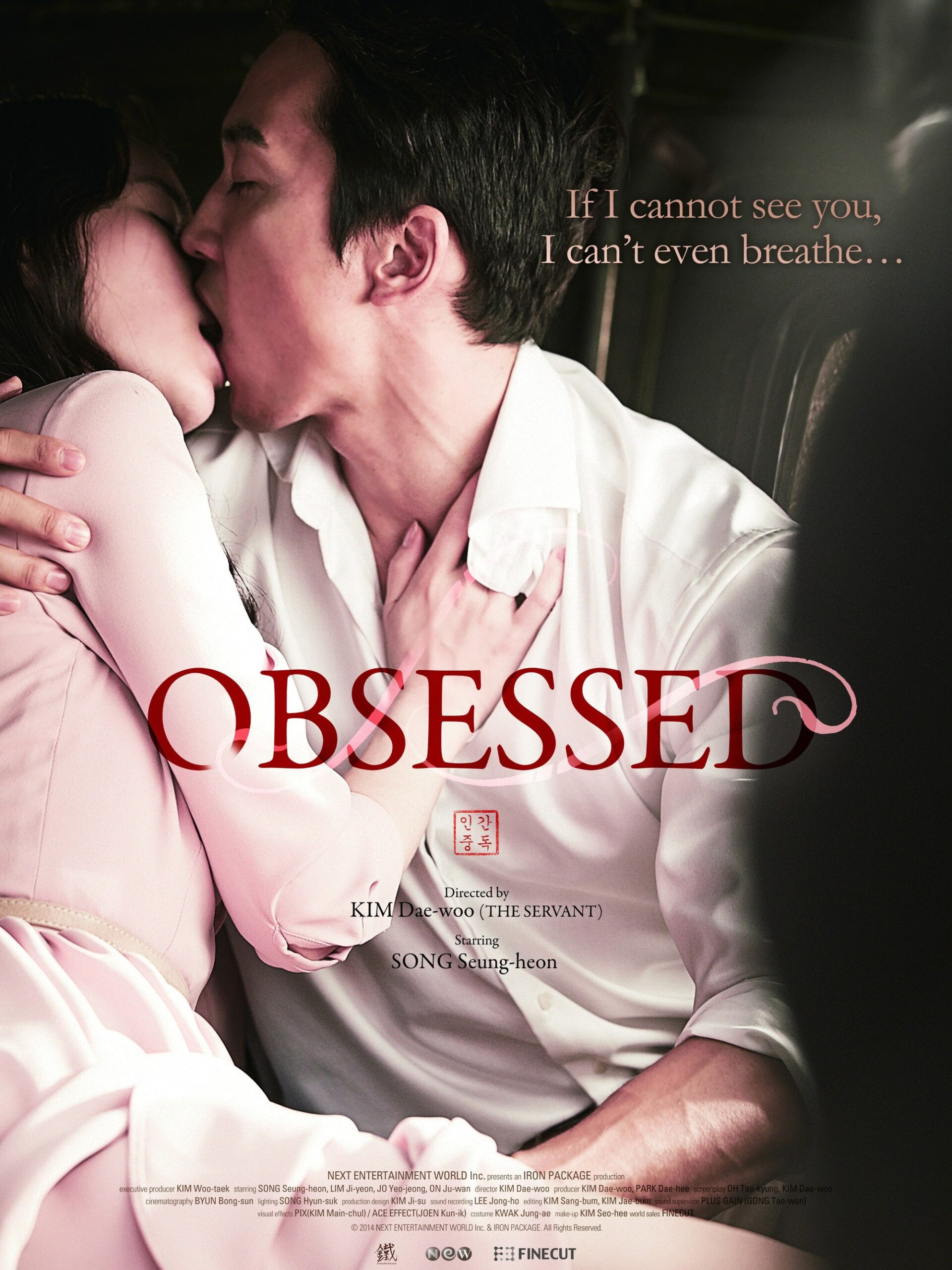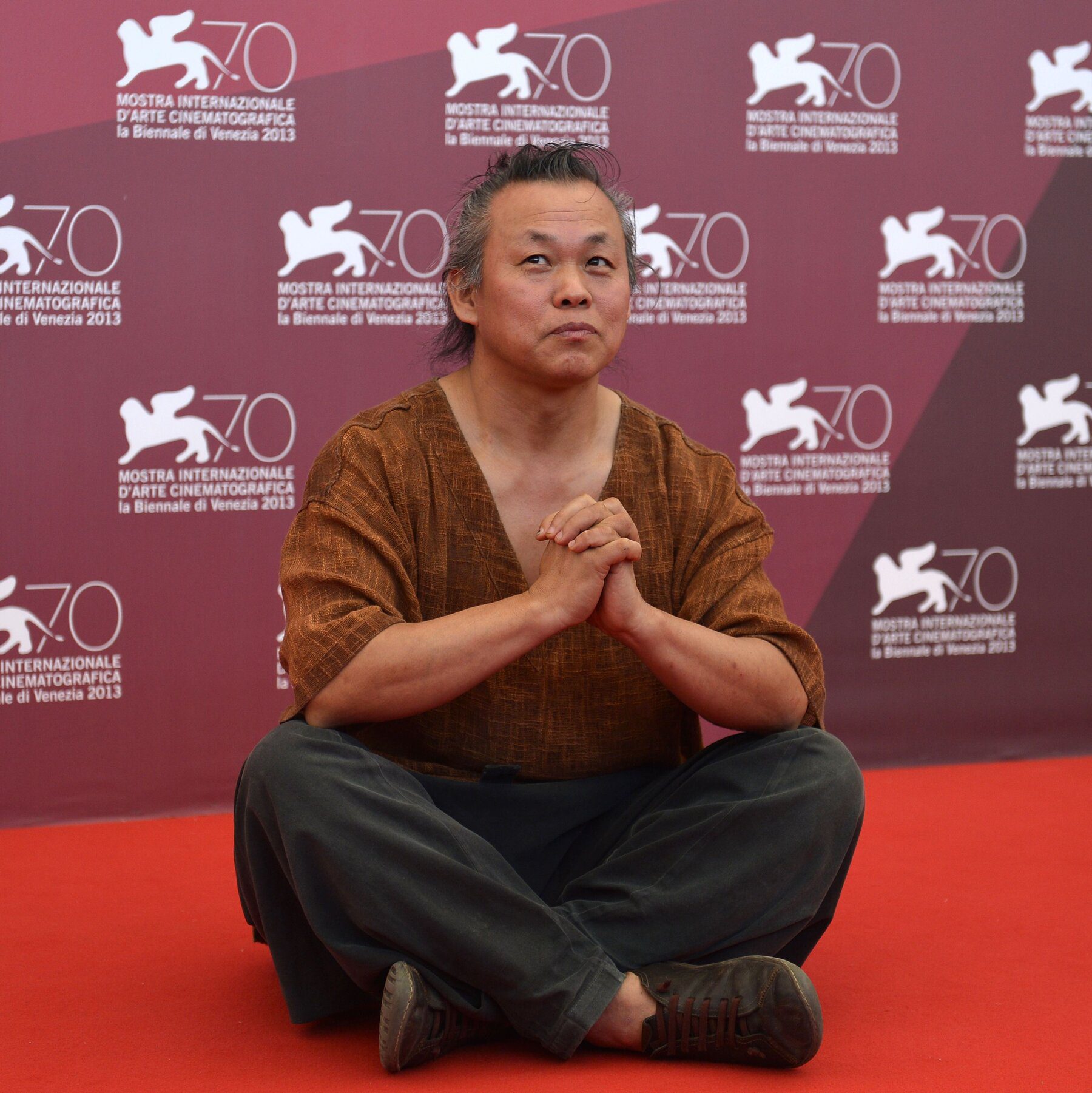Hot scenes in 18+ Korean films have always captivated global audiences with their boldness and artistry. However, behind these intense moments lies a complex environment where stars grapple with career pressures, debates about consent, and often face the burden of public scrutiny.
When hot scenes are not just mere performances

Contrary to the glamorous image perceived by viewers, shooting hot scenes is a technical process that requires a delicate balance between actors, directors, and the crew. Song Seung Heon, the leading man in “Obsessed” (2014), once shared on “Radio Star” that the atmosphere on set, with the camera rolling and lights shining, made it difficult to concentrate on acting.
Kim Ji Hoon, from “Money Heist: Korea – Joint Economic Area,” revealed that he had to use mouth coverings and adhesive tape to cover up, highlighting the technical nature of filming such emotionally charged scenes.

Lee Joo Yeon, in “The King,” specifically requested champagne to ease her nerves before filming a scene in bed, and the director adjusted the setup to make her feel more comfortable.
Similarly, Choi Sung Eun, Song Joong Ki’s co-star in “My Name is Loh Kiwan,” described the rapid filming process as creating a “pressurized bubble,” even though the scene itself was emotionally intense. Yet, this narrative shows that while hot scenes may be visually striking on screen, they are ultimately products of calculation and professionalism.
Consent or coercion?
In the Korean film industry, filming hot scenes has become a sensitive topic, often intersecting with cultural taboos and the power dynamics that frequently leave actresses vulnerable. However, recent controversies in the past few years have brought these issues to public attention, as actors’ voices often get drowned out by the pressures of production.
One notable incident was with Han So Hee in “My Name” (2021). She revealed that a hot scene with Ahn Bo Hyun was decided right on set, which was not included in the original script. Although the management company quickly responded to her discomfort, the incident raised questions about transparency and the autonomy of actors.
Similarly, actress Sulli in “Real” (2017) experienced pressure from her brother, who insisted the production team push her to perform more explicit scenes than originally agreed, despite her readiness to engage. Such incidents are not only damaging but also ignite debates about the protection of actors on set.

Other instances also contribute to the ongoing discourse. Ban Min Jeong, in “Analog Human” (2016), gained notoriety when actor Cho Deok Je was criticized for inappropriate behavior during a hot scene that did not align with the script. This incident ultimately became a significant talking point in the #MeToo movement in South Korea.
More recently, “The Queen Who Crowns” (2025) faced backlash for filming nude scenes without proper consent from the actors, including Cha Joo Young, despite the production claiming all agreements were made transparently.
Another notable case involved Lee Jang Woo in “Homemade Love Story” (2020), where the unexpected nude scene sparked considerable controversy, leading the production team to publicly apologize for failing to adequately inform the actors beforehand.
However, such cases reflect the realities actors often face under pressure from directors or production houses, often without adequate warning regarding the content of the scenes. The lack of transparency is a pressing issue in South Korea, contrasting sharply with Hollywood, where such roles have become standards in protecting actors’ rights. The #MeToo movement has significantly raised awareness of consent, yet continuous incidents highlight the pressing need for systemic change to ensure the rights and safety of performers.
Exploitation of actors
The Korean film industry has been shaken by allegations of abuse of power, particularly involving director Kim Ki Duk, known for his series of provocative 18+ films. In 2017, an actress reported that Kim pressured her to film a hot scene that was not in the script of “Moebius” (2013) and assaulted her on set. Kim faced punishment for his violent behavior but was not prosecuted due to a lack of solid evidence.
In 2018, three other actresses accused Kim and actor Cho Jae Hyun of sexual misconduct and coercion, with one actress echoing concerns about “script discussions” but later assaulted on set. These allegations were publicly revealed on MBC’s “PD’s Notebook,” ultimately leading to the halt of Kim’s film projects.

Kim maintained that all relationships were consensual, and he defended various actresses involved with MBC due to contractual obligations. However, he lost cases in 2019 and 2020, marking a victory for the #MeToo movement in South Korea. Yet, these allegations not only tarnished Kim’s reputation but also raised questions about the power structures within the industry, where directors often hold absolute power over casting decisions.
Besides Kim Ki Duk, director Yim Gweon Taek has also faced criticism for coercing actors, including minors, to perform explicit scenes in films like “Gilsodom” (1986). Such cases illustrate that the abuse of power is a systemic issue that requires deep-rooted changes.
Conclusion
Hot scenes in 18+ Korean films are not just technical moments but also reflect the underlying shadows of the film industry. The stories of actors like Song Seung Heon, Han So Hee, and Sulli showcase the dedication of these performers while also highlighting the pressures and risks they face. However, the scandals involving Kim Ki Duk and other abuses of power serve as wake-up calls for the Korean film industry to re-evaluate its practices.
The Korean film industry, with its global influence stemming from the Hallyu wave, is at a crossroads to redefine its portrayal of the future. Yet, hot scenes must not just remain superficial on-screen depictions but also be executed with the utmost respect for those who stand before the camera. Only through artistry and genuine respect for the performers can the Korean film industry continue to create works that resonate deeply with audiences while safeguarding the dignity of those who bring these stories to life.





















